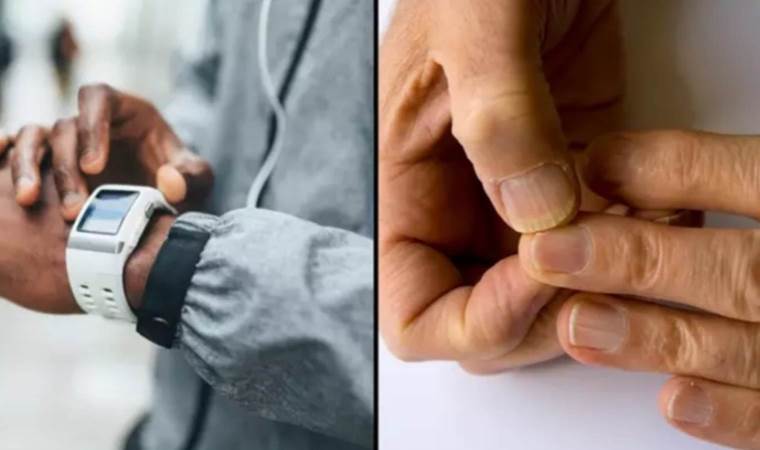Five little-known ADHD signs in adults
Defining adult ADHD symptoms can be challenging due to limited research, but there are five lesser-known signs that might indicate its presence.

The NHS describes attention deficit hyperactivity disorder (ADHD) as a behavioral condition. People with ADHD often exhibit restlessness, difficulty concentrating, and impulsive actions. While ADHD typically emerges in childhood, its symptoms can persist into adulthood, becoming more nuanced over time.
Tahlia Lehmann shared with the Daily Mail her lifelong confusion about feeling 'different' from her peers, which led her to an adult ADHD diagnosis. She identified several subtle signs of the disorder.
Fidgeting is one such sign. You might find yourself constantly tapping your feet, playing with a pencil, or frequently shifting your legs while seated. Lehmann also noted the tendency to mask ADHD symptoms with a bubbly personality, coupled with internal anxiety.
Sometimes, individuals with ADHD symptoms present a confident exterior while struggling internally. They often exert extra effort to conceal their true feelings in social settings.
Lehmann's other experiences include zoning out, appearing 'lazy,' and frequently feeling burnt out.
The NHS outlines additional challenges for adults with ADHD, such as organizational and time management difficulties, trouble following instructions, difficulty focusing and completing tasks, coping with stress, restlessness, impatience, impulsiveness, and risk-taking.
Doctors, including Dr. Shepard on TikTok, caution against self-diagnosing ADHD based on symptom identification alone. ADHD symptoms can overlap with other mental health issues and normal human experiences. Dr. Shepard advises consulting a doctor or therapist if these symptoms resonate.
Treatment options for ADHD, including medication and therapy, are available to alleviate symptoms and reduce daily disruptions. The NHS recommends a combination of both.
Adults suspecting undiagnosed ADHD should discuss their concerns with a general practitioner.
Most Read News
-
 Serbian president travels to Bosnia to support convicted
Serbian president travels to Bosnia to support convicted
-
 N.Korea this year sent 1,000+ more troops to Russia to f
N.Korea this year sent 1,000+ more troops to Russia to f
-
 Putin claims 'Western elites' try to disrupt process of
Putin claims 'Western elites' try to disrupt process of
-
 Zelenskyy's plane takes off from Poland en route to US
Zelenskyy's plane takes off from Poland en route to US
-
 Lebanese army uncovers Israeli spy devices in southern L
Lebanese army uncovers Israeli spy devices in southern L
-
 Romanian prosecutors launch criminal probe into presiden
Romanian prosecutors launch criminal probe into presiden
-
 US attorney general says some Epstein files set for rele
US attorney general says some Epstein files set for rele
-
 Hamas hands over bodies of 4 Israeli captives under Gaza
Hamas hands over bodies of 4 Israeli captives under Gaza
-
 Palestinian prisoners released in swap deal arrive in Ra
Palestinian prisoners released in swap deal arrive in Ra
-
 Russian delegation arrives at US Consulate General resid
Russian delegation arrives at US Consulate General resid










